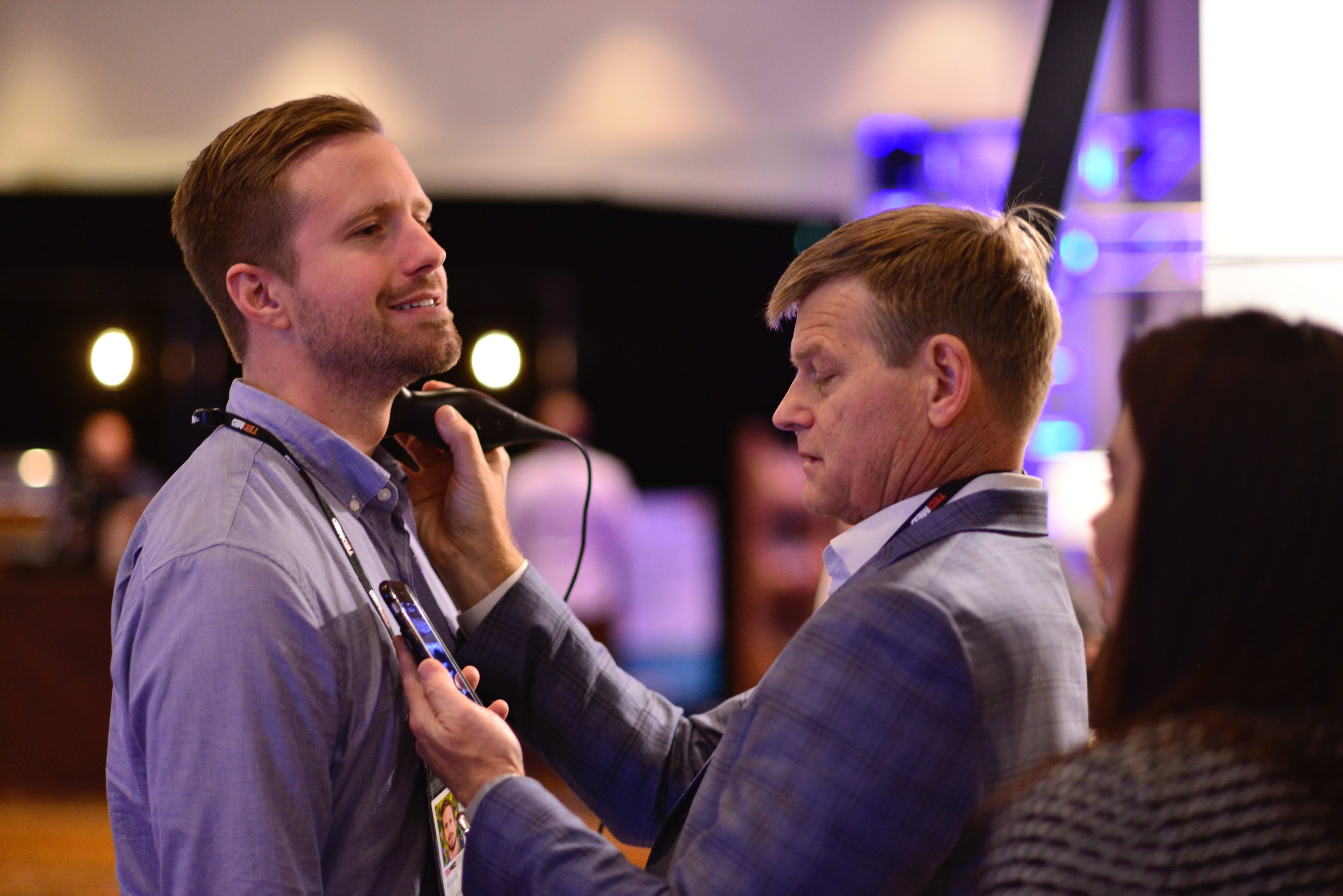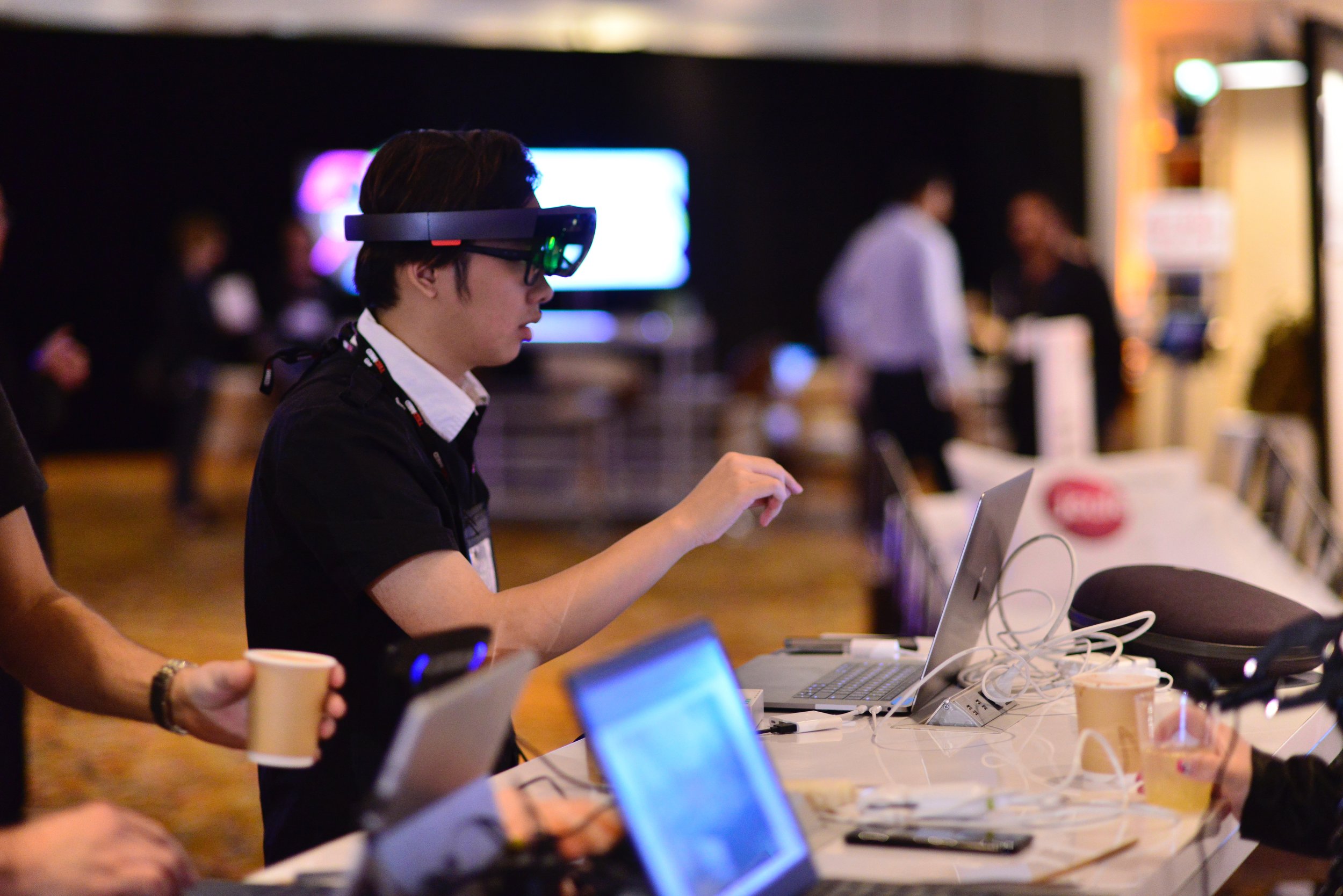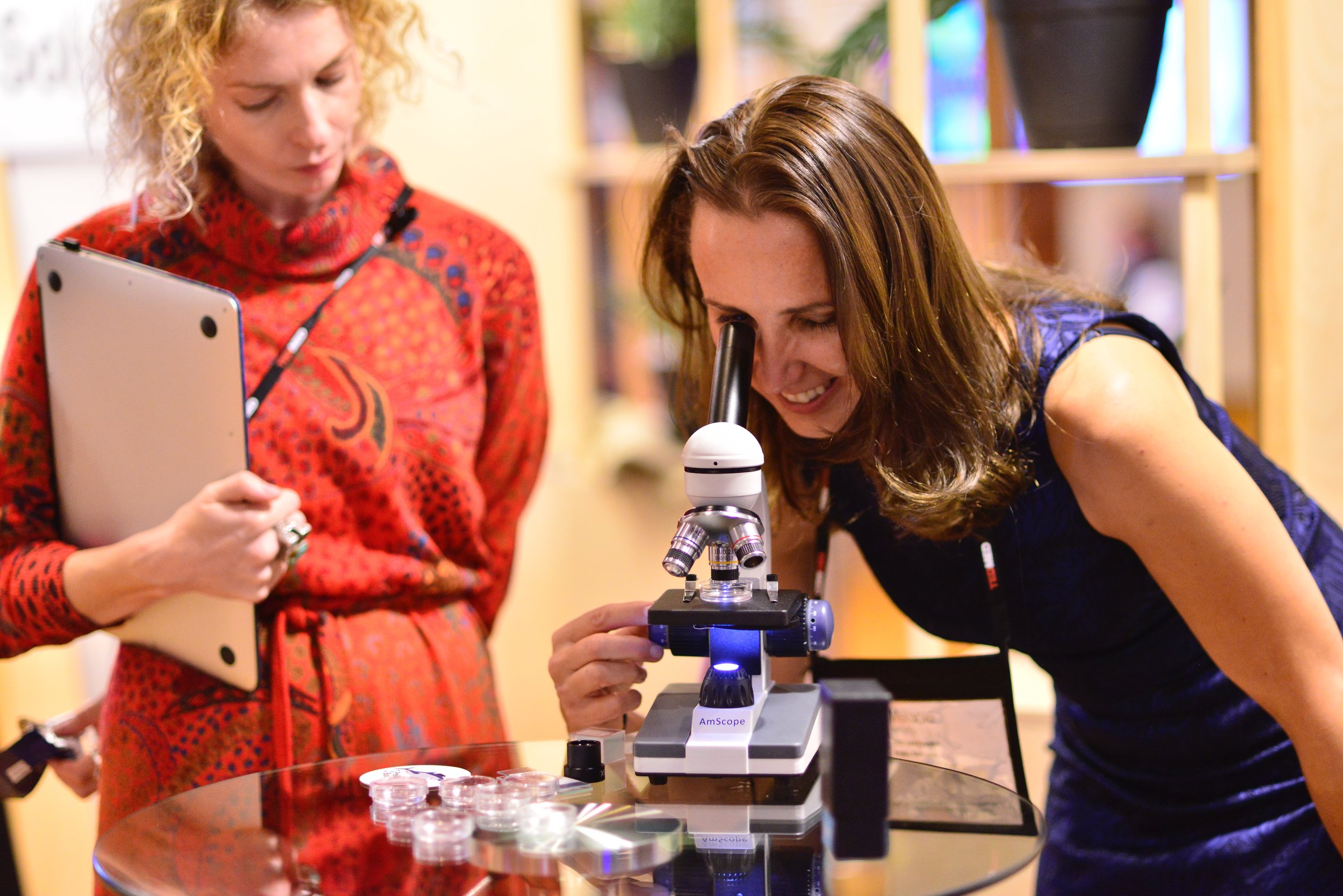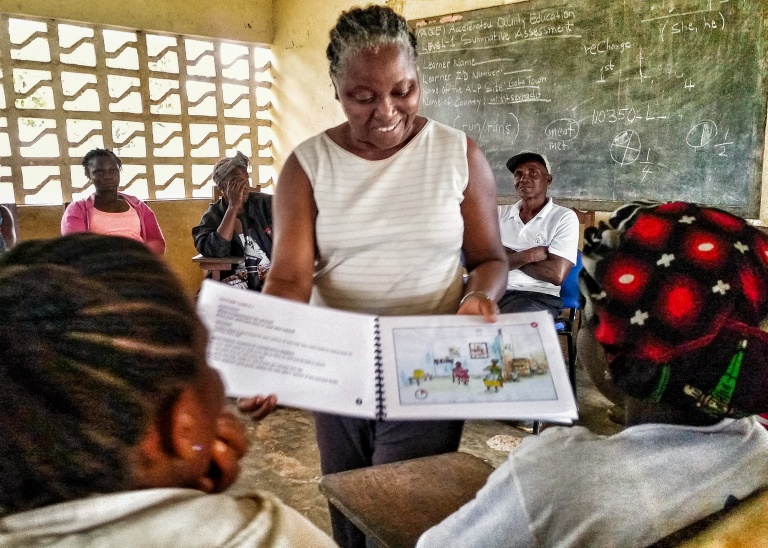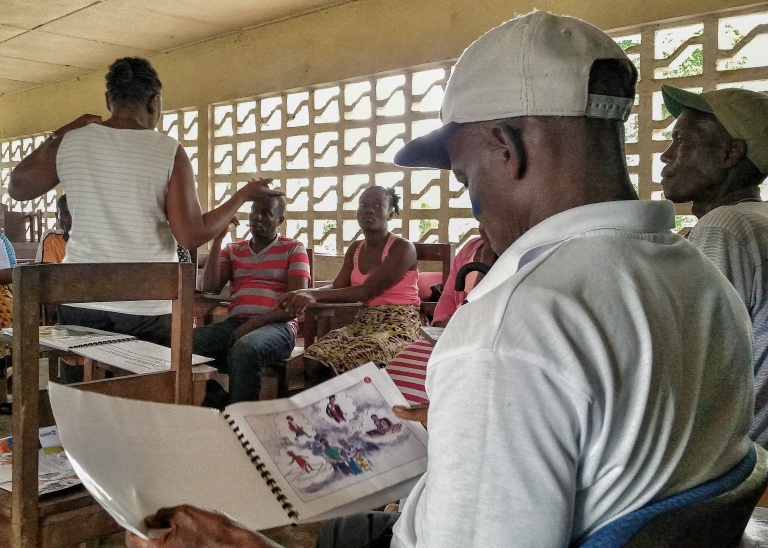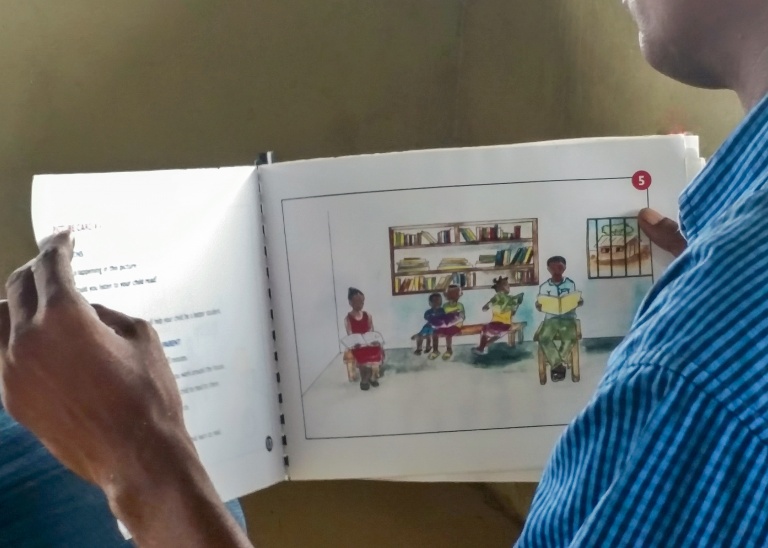Another Option has been working in early grade reading for four years in Africa and Asia under several USAID-funded awards. Research shows that barriers to education, parental aspirations, and societal norms are similar across the world and do not change that dramatically—whether you are in West Africa or South Asia.
As part of the USAID Early Grade Reading Program (EGRP) in Nepal, we’ve provided technical support in early grade reading Social and Behavior Change. We’ve worked closely with the Government of Nepal stakeholders including the Department of Education and the National Center for Education Development to design and develop numerous training materials for parents and caretakers, teachers, and education officers to support early grade reading. Developed resources including a peer education module for parents, and an interpersonal communication toolkit for teachers to bridge communication gaps with students’ parents.
In Nepal, we worked very closely with the government of Nepal to design and create all of our materials. And, we’re really pleased that the teacher training guide has been accepted by the government of Nepal as part of its national teacher training curriculum.
Because the social mobilization and interpersonal communication have shown results in Nepal, we wanted to test these materials in Liberia to see if they could be adapted to the Liberian setting and its needs for our USAID Read Liberia.
With permission from the Liberian Ministry of Education to pre-test the peer education materials, we set out to answer three critical questions: do parents understand the content (particularly the graphics and illustrations); was the guide culturally sensitive; and would it resonate with Liberian parents of young readers.
We conducted an assessment with twenty-one parents-twelve women and nine men-in two communities – one urban and one rural—at Slipway Public School and King’s Farm Public School. We found that the barriers to education and aspirations were similar to parents and teachers in our Nepal-based early reading program. Parents we interviewed in both places cited factors related to economics, social norms, existing education infrastructure, and gender as real challenges in their attempts to ensure their children received a decent education.


